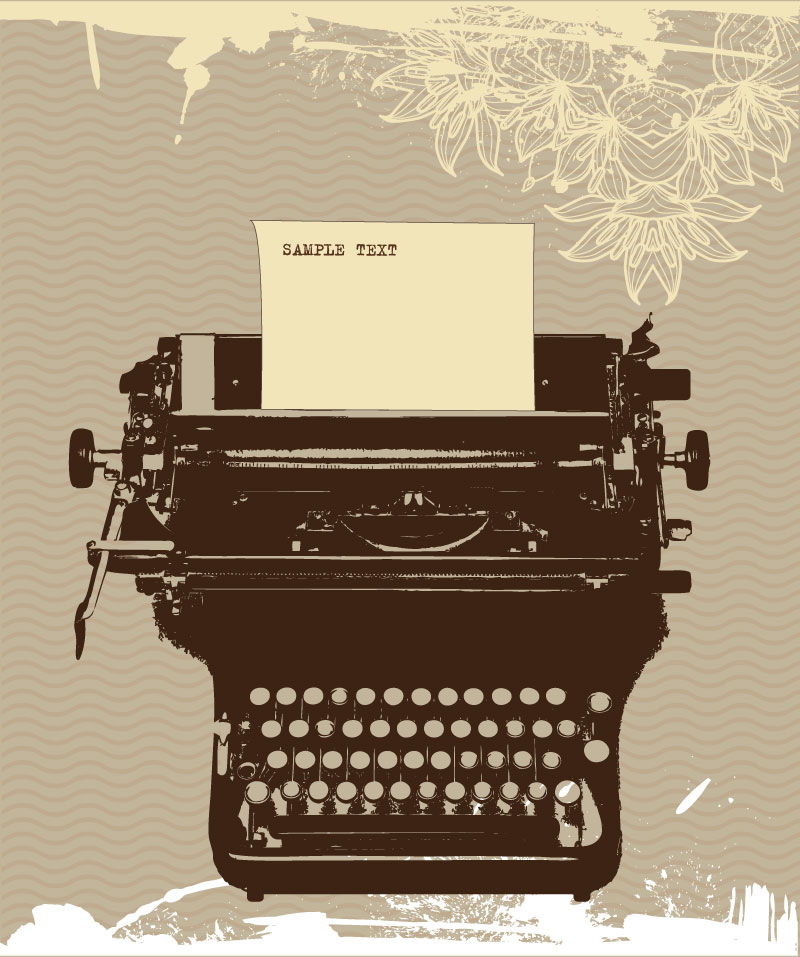
Let’s say you win $50 million in the lotto. And because you’re so completely devoted to the administrative profession, you decide to build a post-secondary school devoted to the complete education of an elite group of administrative professionals. Where would you begin?
“I pose the question because recently I had to research educational programming for administrative professionals. It never occurred to me that this type of singularly focused career school would no longer exist. I realized I had to take a look at how the career field and the skill requirements have changed over time to better understand the challenge of educating an elite admin for today’s workforce.
Let’s start by taking a look at how the education of the career field evolved. The penultimate educational organization for secretaries was the Katharine Gibbs School.
Founded in the early 20th century, the school began with a focus on shorthand but the curriculum quickly evolved into a rounded program that included business etiquette, social protocols to complement the high level of clerical skills required to be an executive secretary. Graduates of these programs were recognized as the elite of the profession and were highly sought after employees for executive offices. As the computer age came upon us and businesses downsized, the administrative field underwent many transformations.
Soon, secretaries evolved into administrative professionals and they had to pick up the word processing and office software programs quickly or be left behind. Companies began the transition of having one administrative professional support more than one executive. Admins had to take on more skills with even fewer resources. Becoming adaptable and willing to learn on the fly, as well as teach others about the new hardware and software, became a sometime undocumented requirement of the job. I estimate it was the late 1980s timeframe in which the technical skill requirements truly overtook the other soft skills when recruiters were searching for administrative candidates.
As mentioned previously, I’ve been tasked to help research and perhaps eventually write a curriculum for entry-level administrative professionals. Notice it is geared at entry-level curriculum. I have yet to see any curriculum materials marketing the administrative professional field as a life-long career choice, one that has immeasurable growth opportunities and is extremely portable.
What courses might be required on the curriculum of a hypothetical 2013 “Katharine Gibbs School”? Most likely this coursework could add up to be a Bachelor of Science in Executive Office Support?
Some of these courses listed are offered now as stand-alone certificate programs that can be lengthy and costly. So now, it is not a surprise to me that the professional development programming for administrative professionals is scattered and the organizations that are trying to take a one-size-fits-all approach to teaching the required hard and soft skills must be struggling. The field is too large and covers too much educational territory. It is not a pretty picture.
When several Katharine Gibbs School graduates were asked what important course or skill they learned at KGS that is not part of today’s training of entry-level admins, they responded:
•Polish/Professionalism
•Anticipating what the executive is going to need before they know they need it
•Short-hand or speed writing
One particular trade skill that I rarely see listed in program offerings is “How to be a pro-active admin”. It might be listed under other titles, such as time management or “Better ways to work with your supervisor”. In reality, it should be titled, “Give me time, I’ll learn to read your mind!” This is the professional’s ultimate skill that requires a combination of organization, diplomacy, body-language reading, calendar mastery and some prior work experience in the field. It requires maturity and nuance.
It’s become clear to me in researching the evolution of our educational progress that there are many programs and schools that teach the basic technical skills for the administrative professional, but Katharine Gibbs School must have mastered the content delivery of teaching soft skills.
Karen Allen, Executive Assistant and Katharine Gibbs School graduate, shared her insights with me on how KGS prepared her for the workforce” “Dress code, work ethic and attendance (were important) and because of the attendance policy, the length of the school day and the dress code we adhered to, I was very much prepared to enter the workforce in an office environment immediately out of school.”
She also explained why HR doesn’t always understand the value of how many roles admins take on. “Not sure if it would be considered a skill, but being valued as a jack of all trades position. We are nurse maid, psychologist, pharmacist, copy machine repair person, accounts payable and billing specialist, event planner, gopher, letter writer, travel agent, go between, personal assistant and secretary. I am sure there are several items I missed but a general picture is painted. You need to know a little about a lot of things and HR doesn’t always recognize that as part of the role.”
Perhaps it is unrealistic in this day and age for me to pine for a mecca of educational training for administrative professionals. Certainly, there are unlimited resources available to us to learn new skills as we need them.
What about the newest admins joining the field?
Here is a photo of the resources I began reviewing when first starting to look at developing this certificate course geared at entry-level administrative professionals (coffee, Sharpies and iPod are not included.)
My gut instinct tells me that today’s entering workforce cannot take the time required to learn all the things needed to become the instantly successful elite administrative professional. The pace of the business world does not always accommodate social niceties, nor will it hold the position open until someone has completed all the required skills training. It’s definitely a learn-on-the-job economy. If you don’t know it, you better teach yourself quick!
The era of the Katie Gibbs girl (which, by the way, is an insulting term to many KGS graduates) is like the era of Mad Men. We can look back at it and see the value it provided for the men and women of the workforce, in the secretarial pool and in the executive office, but it is no longer with us. The option of having a well-rounded, highly educated and extremely skilled administrative professional as an entry-level member of the administrative team is not only unlikely, it is unexpected.
The savvy of Katharine Gibbs! She understood that employees needed technical and soft skills long before those terms were ever coined. I believe she understood the importance of appearance and professionalism in business at all levels of the organizational chart. I sure do miss her… and the legacy of her school that trained generations of proud career administrative professionals.”














I went to Katharine Gibbs in Providence RI in 1990. I googled for information after talking with a co-worker about it and came across your article, Well written, thank you! I am currently a Senior Client Service Associate for a Wealth Management team (Financial Advisor). I do believe Katharine Gibbs played a role in my ability to “be a proactive admin” and how to read my bosses mind, for sure! Of course, some of that requires common sense as well. I’ve trained many Client Service Associates with Master’s degree’s and they lack in many areas. Even with the Master’s degree, they missed a lot of important lessons, they just didn’t get throughout their years in college. I just wanted to let you know I found your article and appreciate it!
Danielle, I’m glad you enjoyed it. I suspect we’re at the tip of another evolution of the profession. I appreciate your note!~Kem